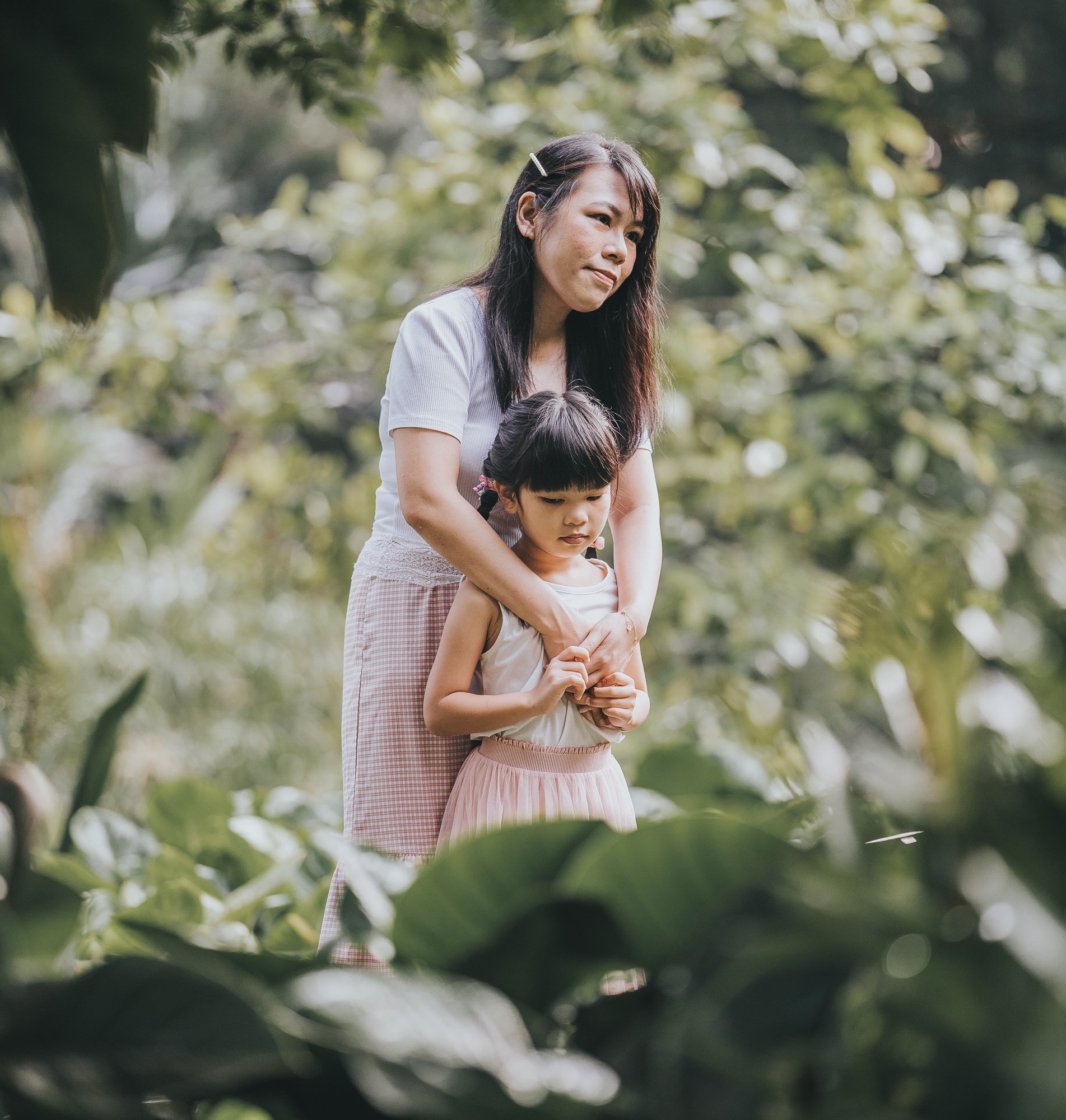Patient Spotlight: Yuhui Hurng, Singapore
We interviewed our member Yuhui Hurng about her journey with ALK-positive lung cancer, her experience with ‘outside the box’ treatment options and the differences in medical care standards between Singapore where she lives and the rest of the world.
1) Can you share a little about your journey with lung cancer?
I've had targeted therapy, chemotherapy, radiation and several surgeries so far. Each time my cancer grew in a single spot I had local treatment such as radiation or surgery to take care of them, to try to prolong the time I stay on each treatment line. I've had a surgery to remove part of my liver where a fast-growing tumor was sitting on. That was the only major surgery I've had in my life and I was scared. But I think it was one of the best decisions I've made in this journey. I later learned that surgery isn't an option for people diagnosed with stage 4 lung cancer in other parts of the world and I think I am lucky to have that as an option.
2) Any advice you would give to a newly diagnosed patient? What do you know now that you wish you knew back then?
I would advise any newly diagnosed patient to learn more about this disease and their available treatment options. It will help them make informed choices. We are the main stakeholder in this and we have to be involved in our care. I have been fortunate that the health care system here assigns patients to an oncologist who specialises in their type of cancer. I've had a lung cancer oncologist from the beginning and have not had any bad treatment decisions so far. However, what I wish I knew back then was that anybody can get lung cancer and that I shouldn't have ignored that persistent cough.
3) You’re currently on chemo (Carboplatin & Alimta) in addition to Lorlatinib. This is a ‘creative’ combination that some ALK experts (more in the US than elsewhere) prescribe to patients because it has shown encouraging results, but it is still not standard of care anywhere in the world. Did you and/or your oncologist find it difficult to get you access to this drug combination in Singapore? Also, how do you feel about clinical trial options and accessibility in your country for you and other patients if that is needed in the future?
I did not have difficulty in getting access to this drug combination. Oncologists in Singapore have more autonomy in making treatment decisions and prescribing drugs as compared to some other parts of the world. Accessing this drug combination isn't difficult as long as the individual drug is approved by the health authority and the patient has sufficient insurance coverage. All Singaporeans are enrolled in a basic national health insurance and we can opt to top up our coverage with private insurers.
There is a lack of clinical trial options in Singapore. For patients who are running out of treatment options, that is disappointing. Although a drug in clinical trial has not been proven to work yet, it can help extend a patient's life if it were to work. I hope remote clinical trials will be a possibility in the future so that patients are not limited by where they live.
4) You’re very active in the ALK Positive Support Group on Facebook and also an integral member of the ALK Research team that continuously updates the website with all new ALK-related research that comes out. What motivates you to be so involved? What drives you and gives you hope for the future?
I think we should be our own advocate and make informed decisions during our treatment. Knowledge is key to making an informed decision. By sharing what we've learned and our experiences in the Support Group, we can help each other to grow our knowledge and make the best treatment decisions for ourselves. Likewise, with keeping the ALK Positive website updated with ALK-related research, we are able to help members, caregivers and anyone interested learn more about our disease. Researchers are working hard in developing new treatment options. I hope that with these new options, people who are diagnosed at stage 4 will go on to live for decades after the initial diagnosis.
Interview by: Christina Weber

